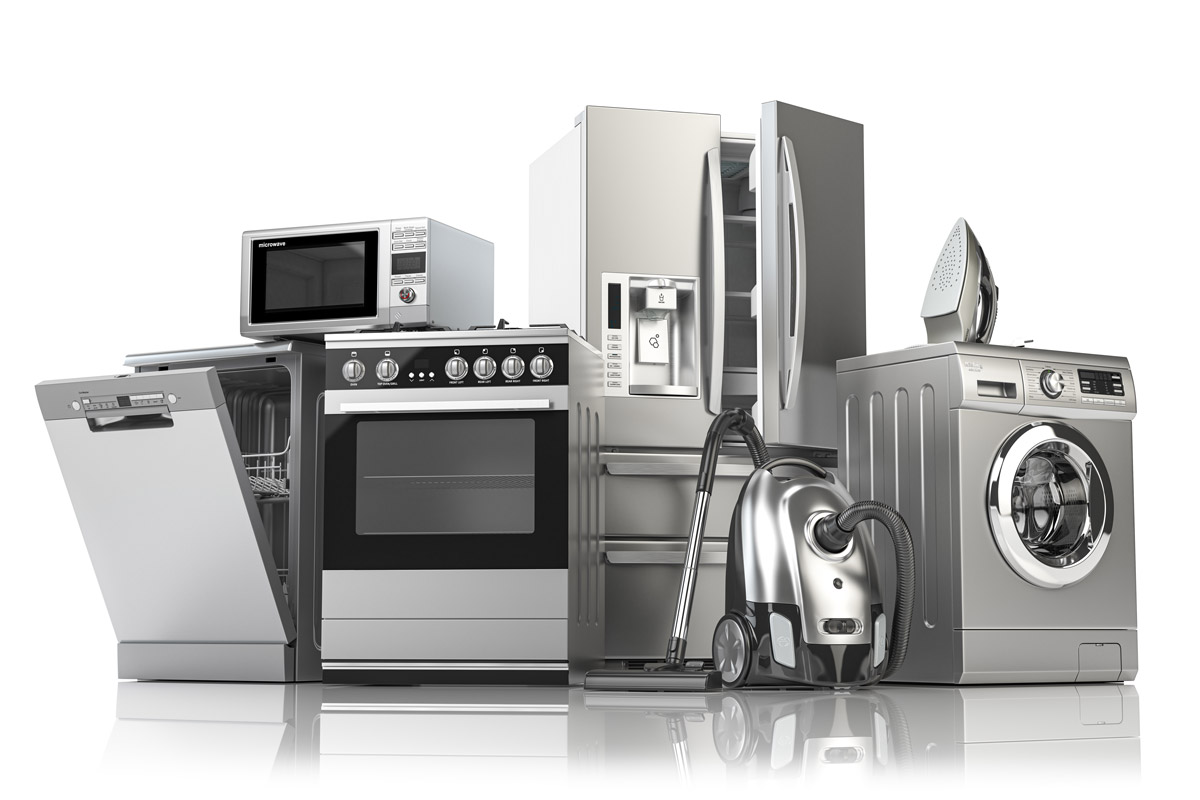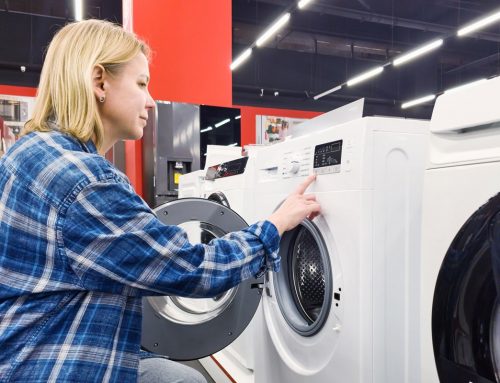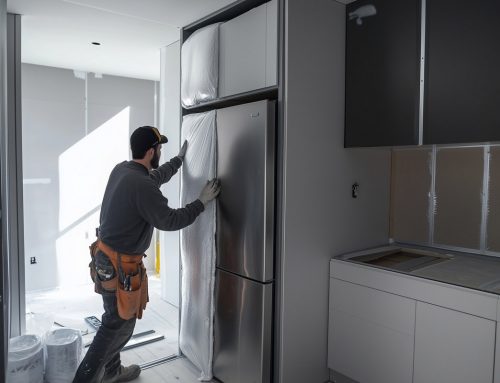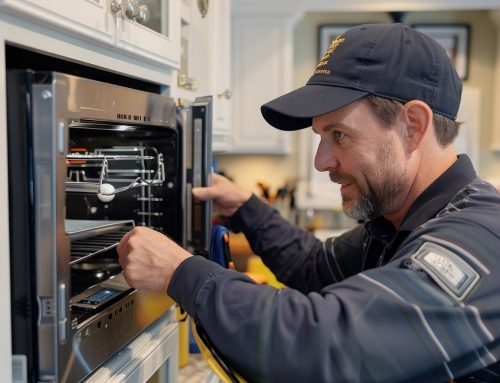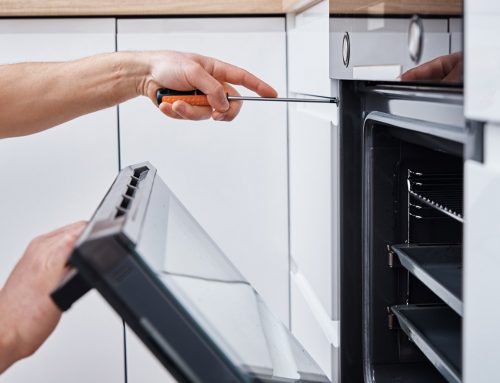One hidden factor that you should consider when purchasing and installing new appliances are the electrical requirements of those new appliances. If you overload the circuits in your home it can lead to problems like regularly tripping your breakers, your appliances not working correctly and even the risk of fire. So, it is important to know the electrical requirements of any appliances you might choose for your home. To assist you in choosing the right appliances and putting them in the right places we will be looking at the electrical requirements of modern appliances.
One of the first things you should do when buying new appliances is to make sure that your appliances fit the voltage requirements for your home. In Canada and the US most homes are set up for 120 volts. Having the wrong voltage could result in the appliances not functioning correctly, the appliance getting damaged or the appliance becoming a safety hazard.
You should also be sure to Install your large appliances on different circuits in your home so that each appliance has enough power to function without overloading the circuit and tripping your breakers. As well you should keep in mind that large electrical appliances like electric stoves, dryers and many air conditioners require special 240-volt outlets in order to function. If you want to install a dryer or electrical range and you don’t have the proper outlet you should contact an electrician to get the proper outlet installed. Do not make use of outlet adapters as these can create fire hazards, damage the appliance or create other electrical safety risks.
Requirements of Individual Appliances
Fridges
Usually, refrigerators and freezers require a 120-volt outlet, but it is important to make sure that these appliances are connected to a dedicated circuit due to their power needs, as well some models may require ground fault circuit interrupters due to safety concerns.
Washing Machines and Dryers
Washing Machines and Dryers can be either electric or gas operated. If it is a gas model, then it probably only requires a 120-volt connection to provide power for controls and accessories. If it is an electrical model, it will likely require a 240-volt connection to meet its power needs.
Dishwashers
Dishwashers generally require a standard 120 volt outlet but may require a dedicated circuit due to their power needs.
Ovens and Ranges
Ovens and Ranges, like washers and dryers, can be either gas or electrical. A gas range will usually require a 120-volt connection for controls, ignition and accessories whereas electric models can require either a 120- or 240-volt circuit depending on the power needs of the individual model.
Air Conditioners
Window mounted air conditioners usually only require a standard outlet, but central air conditioning systems have higher power requirements and may require dedicated circuits and specialized connections.
We hope we have been able to enlighten you as to the electrical requirements of modern appliances and hope it will help you achieve the best possible set up for your home appliances. If you have any questions about appliance installation services, please feel free to contact us.
Han Appliances are trusted appliance installation experts on the Lower Mainland, who work closely with many of the appliance dealers. If you need some appliances installed in the Vancouver area or you have any questions about this article, please call us at (604) 233-9216.


